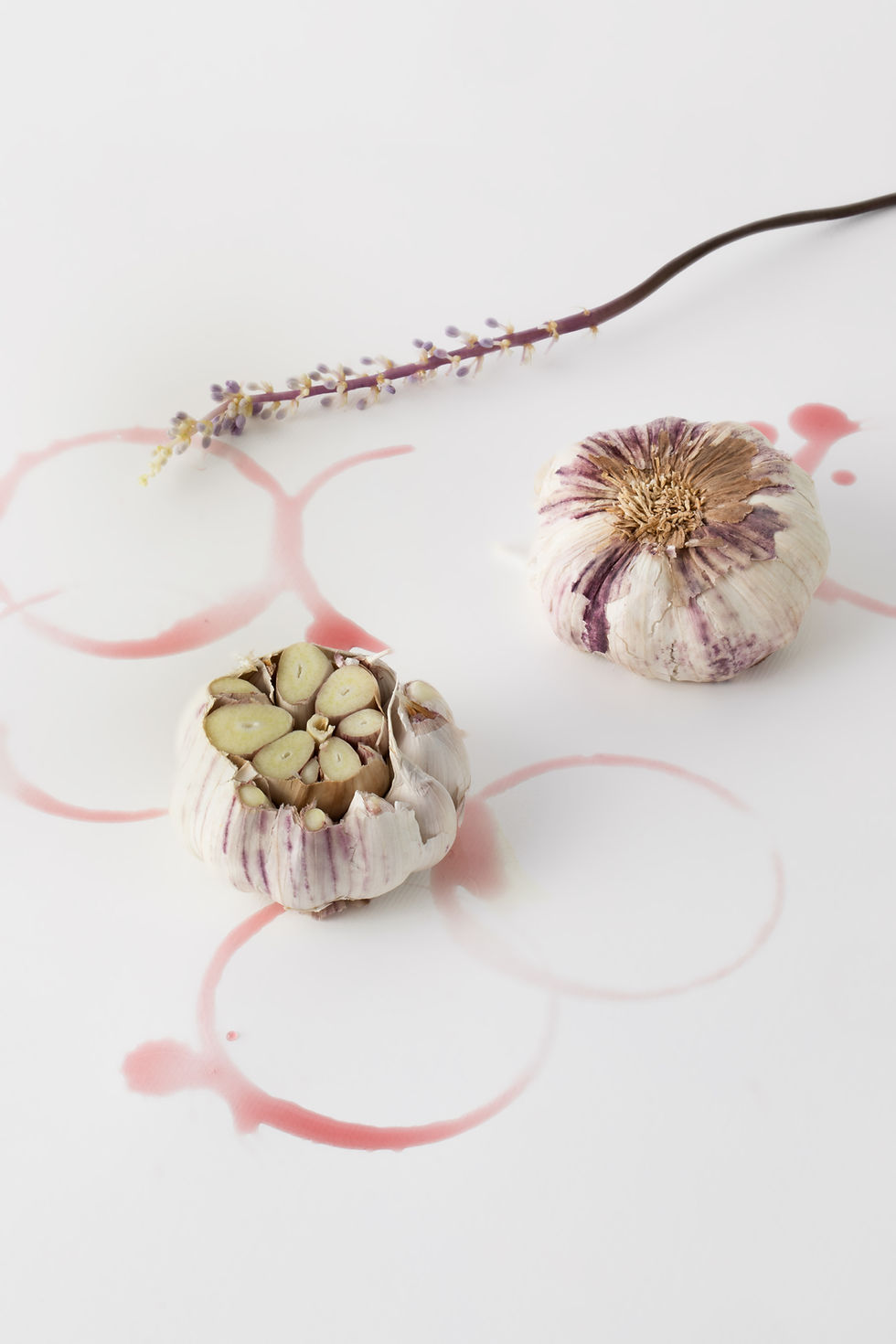Probiotics: Are you wasting your time?
- Sharon Lawton
- Jul 23, 2020
- 2 min read
Probiotic supplements have been used since the early 1900's as a treatment for children with diarrhoea. Past forward to today, probiotics are still on-trend for their potential in supporting health. Blood sugar control in those with Type 2 Diabetes, brain health and preventing tooth decay are just a few of the areas probiotics have been studied.
However, are probiotic supplements a waste of money?

What is a probiotic? Live micro-organisms that when taken in the right amount may have a benefit on the person taking them,
There is no question that probiotics are beneficial with this definition.
But...
We now know that:
Every probiotic strain has a specific function,
The probiotic strain in supplements may not be of the correct amount or strain for what we individually need,
The probiotic strain in supplements may not be of the correct amount or strain for the effect we are hoping for.
Also...
In everyday life, it is almost impossible to assess whether taking a standard probiotic supplement makes a difference. In order to know for certain if the probiotic(s) is helpful or having the effect that the buyer is hoping for, we need to control and measure everything else we do, eat and drink, in order to be sure it is the probiotic making the difference.
Where does that leave us?

Our gut is so complex and sophisticated, it should be considered another organ. Our gut has bacteria, viruses and an array of other tiny organisms. All of these living beings in our gut are termed microbiota. Each of us have a unique gut system of micrbiota, just like we have a unique thumb print.
Diversity of the microbes is now well understood to be what produces health effects, and not the type of probiotic we take.
What does this mean?
The more diverse our food intake is, the more diverse our gut system will be.
So instead of spending money on probiotic supplements, in which you may not benefit from the actual strains inside the tablets, I recommend eating probiotic foods AND also other foods that feed the diversity and support the growth of microbes.
When we eat whole foods, we also receive all the other nutrients that come with that food. When a probiotic supplement is taken, it is only the probiotic and the fillers used to make the tablet that are eaten.
Here are my recommendations of what we should eat more often:
Yogurt
Kefir
Nuts
Seeds such as sesame, buckwheat (yes buckwheat is a seed!), chia and sunflower
FRUIT > please do not remove fruit. See here and here for the reasons why
Miso soup
Multigrain bread
Sourdough bread
Artichokes
Apples
Sweet potato



Comments